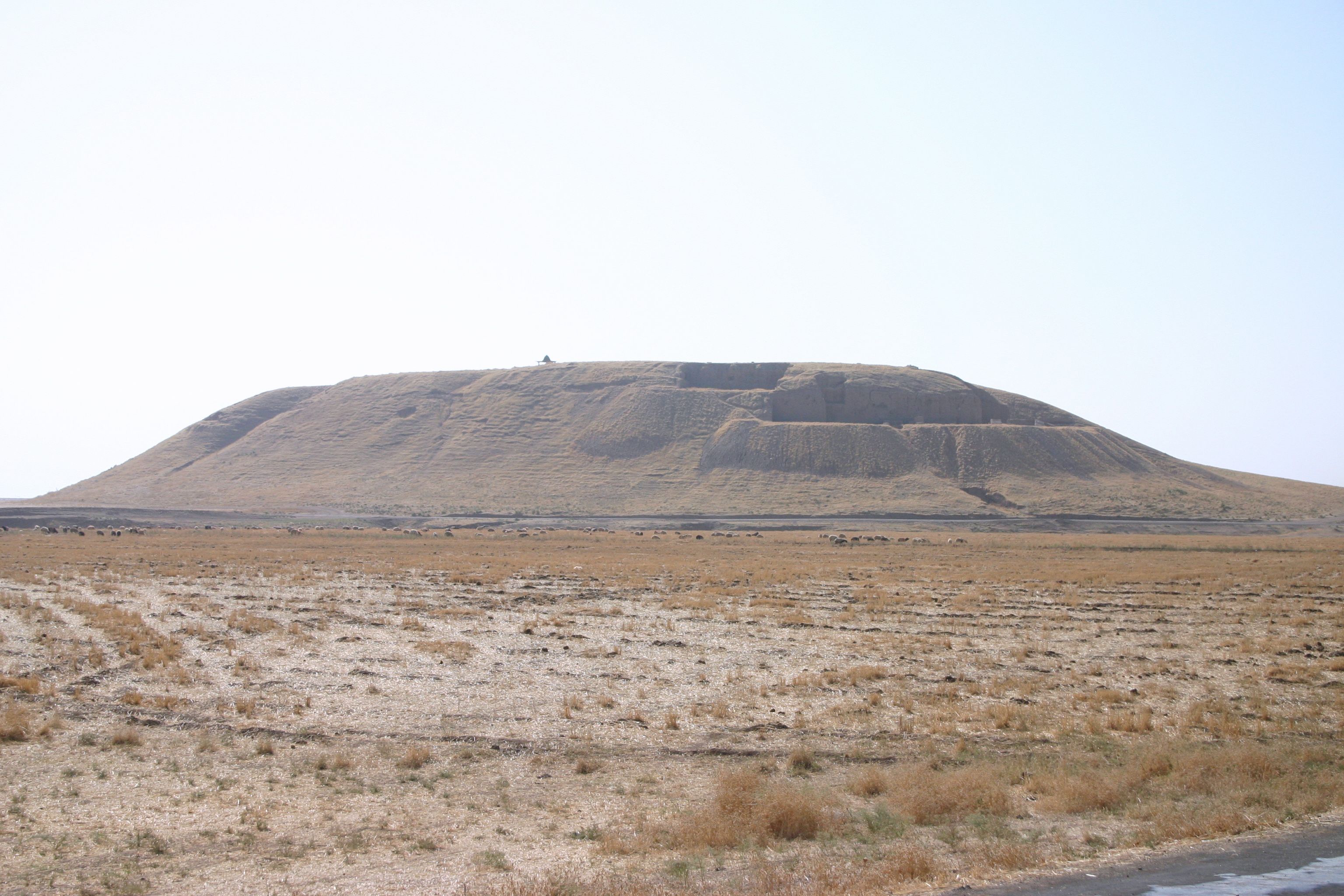Dear Britain, there is life outside the EU
Iceland, Switzerland and Norway all enjoy the perks of the European market without the burden of the EU. So come on out - the water's lovely
By Thomas Aeschi and Guthlaugur Thor Thordarson12:15PM BST 10 Jul 2015
Is it possible to be part of a European market but not of a political union in Europe? Absolutely. Our countries are doing precisely that now. And you know something? It’s working pretty well.
We are Government MPs from the European countries who didn’t join the EU – those in the European Free Trade Area (EFTA). It’s been many years since any opinion poll showed a pro-EU majority in an EFTA nation. Iceland has formally withdrawn its application, and the Swiss pro-EU campaign has admitted defeat and closed down. As for Norway, the latest survey there showed 17.8 per cent in favour of joining, 70.5 per cent against.
Why do people prefer our deal to yours? Not because it’s perfect – nothing is perfect – but because it allows us to participate in the European market while retaining our self-government.
Of course, each of our states have struck slightly different deals with Brussels. Iceland is part of the European Economic Area, which brings it within some elements of EU jurisdiction, albeit almost entirely in economic fields; Switzerland relies instead on a series of bilateral treaties.
Still, the broad picture is similar enough. We buy and sell freely within the European market. But we are outside the Common Agricultural Policy, the Common Fisheries Policy, the Common Foreign and Security Policy, the rules on common EU citizenship, the harmonisation of criminal justice and other non-economic matters. We pay a contribution to the EU budget – but less than a third, in per capita terms, of what Britain does.
Critically, we are also outside the Common External Tariff. In other words, as well as trading freely with the EU, we can also sign bilateral treaties with non-EU states – something that Britain, as an EU member, can’t do. This is a real advantage in a world where Europe is the only continent that isn’t growing. For example, both our countries signed free trade agreements with China last year. Britain isn’t allowed to do so.
It’s true that our exporters must meet EU standard when they sell into the EU, just as they must meet Japanese standards when they sell to Japan. But, in most cases, we don’t have to apply those standards to non-EU exports. This becomes a greater advantage with every passing month, as the EU’s share of world GDP shrinks.
The clue is in the name: European Free Trade Association. Free trade and national sovereignty turn out to make a pretty good combination. Income per head in EFTA countries is, on average, 56 per cent higher than in the EU. And both our countries export more to the EU, in proportionate terms, than Britain does.
Britain was once the leading EFTA state. It could be again. Come on in: the water’s lovely.
Thomas Aeschi is a Swiss MP; Guthlaugur Thor Thordarson is an Icelandic MP






